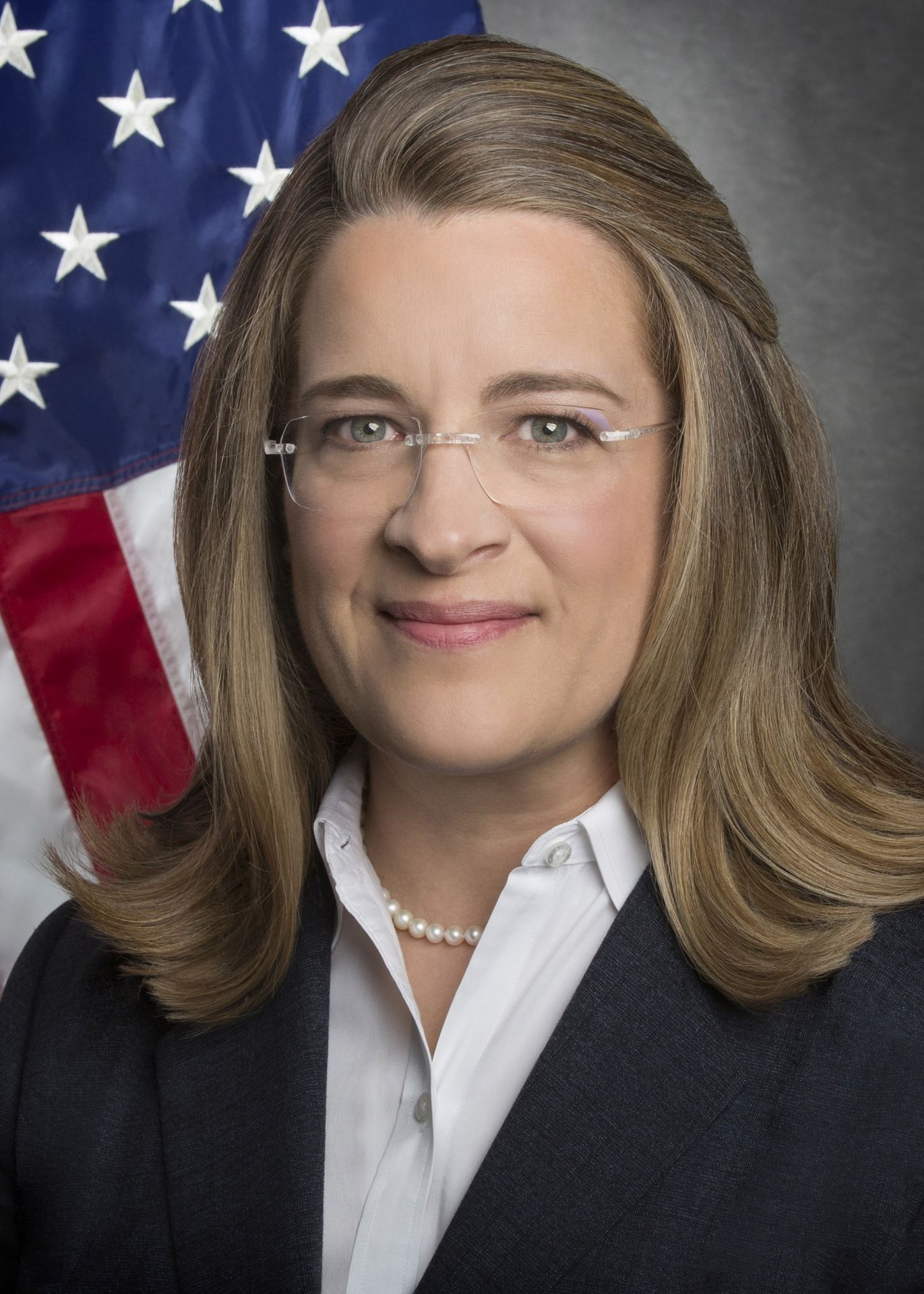BWXT Canada’s Cambridge, Ontario, facility. (Photo: BWXT Canada)
NuScale Power announced earlier this week that manufacturing process development work on its small modular reactor—the NuScale Power Module—is advancing at BWXT Canada Ltd.’s Cambridge, Ontario, facility in preparation for module fabrication. NuScale said that this work is critical to the development of its SMR technology and is an example of the supply chain development opportunities for Canadian companies with the requisite power plant equipment expertise.
Rendition of the IMSR400 power plant in the configuration proposed for the Darlington site. (Image: Terrestrial Energy)
Terrestrial Energy has upgraded the design of its Integral Molten Salt Reactor (IMSR) nuclear power plant, the company announced on September 14. The proposed facility will now feature 390 MWe of generation capacity for grid supply from twin reactors and generators.
A still image from a three-part video tour of NuScale’s facilities. (Photos: NuScale Power)
NuScale Power has signed a memorandum of understanding with Xcel Energy to explore the feasibility of the utility’s serving as a plant operator at NuScale plants, the Portland, Ore.-based small modular reactor developer announced earlier this week.
Xcel owns and, through subsidiary Northern States Power Company, operates Minnesota’s two nuclear plants, Monticello and Prairie Island. The Monticello facility houses one 671-MWe boiling water reactor, while Prairie Island has twin 550-MWe pressurized water reactors.
A still image from a three-part video tour of NuScale’s facilities. (Photos: NuScale Power)
When Utah Associated Municipal Power Systems (UAMPS) in 2015 announced its plan to develop the Carbon Free Power Project (CFPP) using NuScale Power’s modular light water reactor design, it envisioned the construction of a dozen 50-MWe modules for a plant that could produce a total of 600 MWe. The CFPP’s target output later rose to 720 MWe, when UAMPS opted to scale up to 60-MWe modules. In late June, the plans changed once again, as UAMPS participants chose to build 77-MWe modules but downsize the plant from 12 units to six, which would yield 462 MWe—about 64 percent of the 720 MWe that could have been generated from 12 of the 60-MWe modules.
This image shows the individual pins in a full-core nuclear reactor simulation. (Image: ANL)
Coolant flow around the fuel pins in a light water reactor core plays a critical role in determining the reactor’s performance. For yet-to-be-built small modular reactors, a thorough understanding of coolant flow will be key to successfully designing, building, and licensing first-of-a-kind reactors.
A photo of a prototype Lightbridge fuel assembly. (Photo: Lightbridge)
Operators at the Advanced Test Reactor at Idaho National Laboratory have begun a nine-month outage to perform a core internals changeout. When the ATR is restarted in early 2022, the top head closure plate of the pressurized water test reactor will have new access points that could permit the irradiation of more fuel and material samples in the reactor’s high-flux neutron conditions.
Artist’s rendering of the MMR project. (Image: USNC)
Global First Power’s (GFP) Micro Modular Reactor (MMR) project has moved to the formal license review phase with the Canadian Nuclear Safety Commission (CNSC), becoming the first small modular reactor to do so.
Alberta Premier Jason Kenney at an online event on April 14, after signing an agreement on small modular reactor development. Photo: Chris Schwarz/Government of Alberta
Alberta Premier Jason Kenney has added his signature to a memorandum of understanding on small modular reactor development that was signed in 2019 by the premiers of New Brunswick, Ontario, and Saskatchewan. Kenney signed the document last week at a virtual event that also promoted the release of Feasibility of Small Modular Reactor Development and Deployment in Canada—a study formally requested as part of the MOU.
NCSU: Site of the 2021 ANS Student Conference
North Carolina State University was finally able to host the ANS Student Conference, April 8 to 10. After the 2020 event was canceled due to the global coronavirus pandemic, the 2021 version is being held virtually for the first time.
The conference's opening session is available for registered attendees to view online.
 The Minerals Council of Australia (MCA) last week released Small Modular Reactors in the Australian Context, an overview of SMRs, their potential role in Australia, and their likely operating costs.
The Minerals Council of Australia (MCA) last week released Small Modular Reactors in the Australian Context, an overview of SMRs, their potential role in Australia, and their likely operating costs.



 The Canadian Nuclear Safety Commission and the U.S. Nuclear Regulatory Commission have completed the first collaborative project under a two-year-old memorandum of cooperation (MOC) aimed at enhancing technical reviews of advanced reactor and small modular reactor technologies, the CNSC announced earlier this week.
The Canadian Nuclear Safety Commission and the U.S. Nuclear Regulatory Commission have completed the first collaborative project under a two-year-old memorandum of cooperation (MOC) aimed at enhancing technical reviews of advanced reactor and small modular reactor technologies, the CNSC announced earlier this week.










 New research indicates
New research indicates